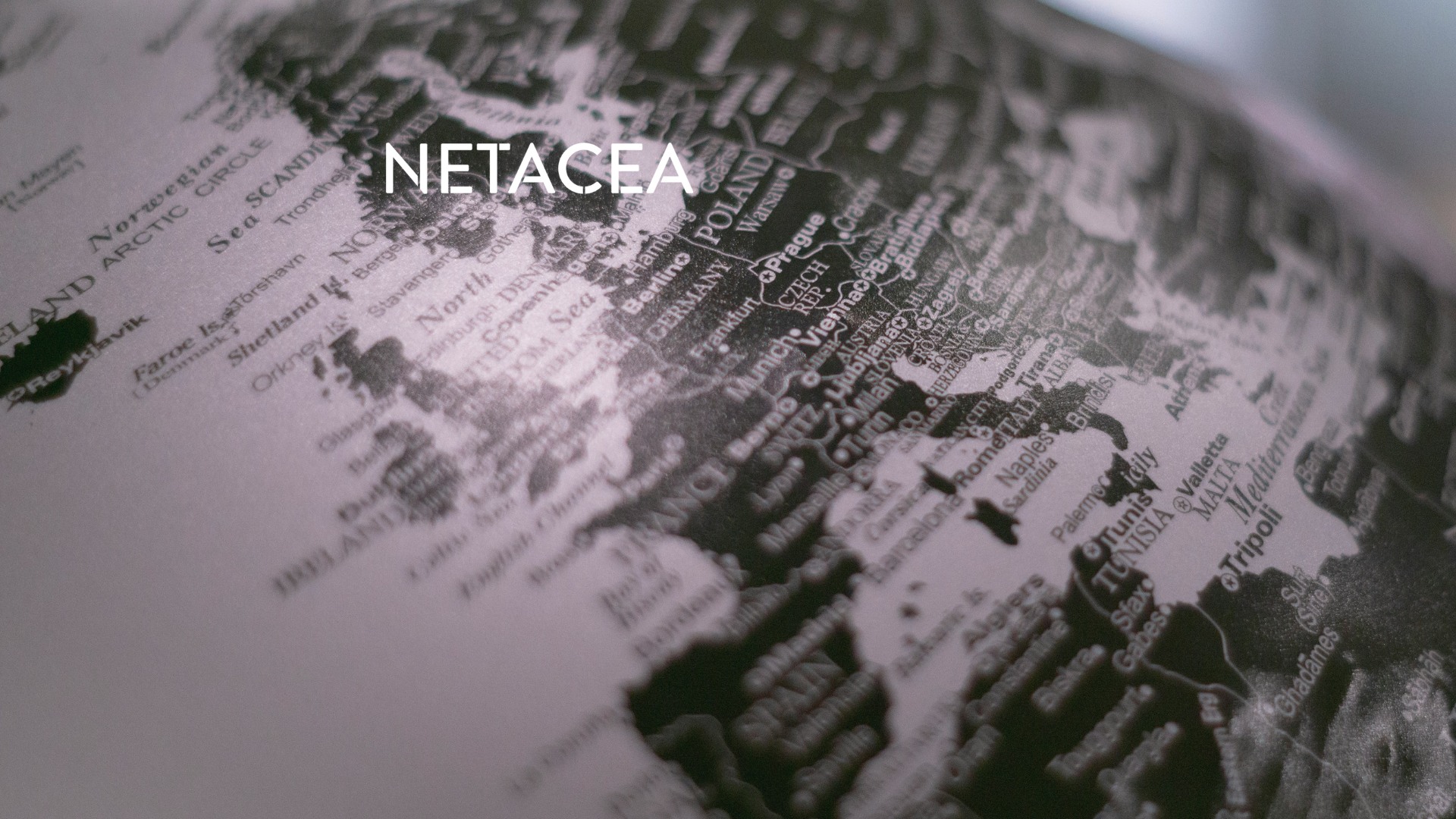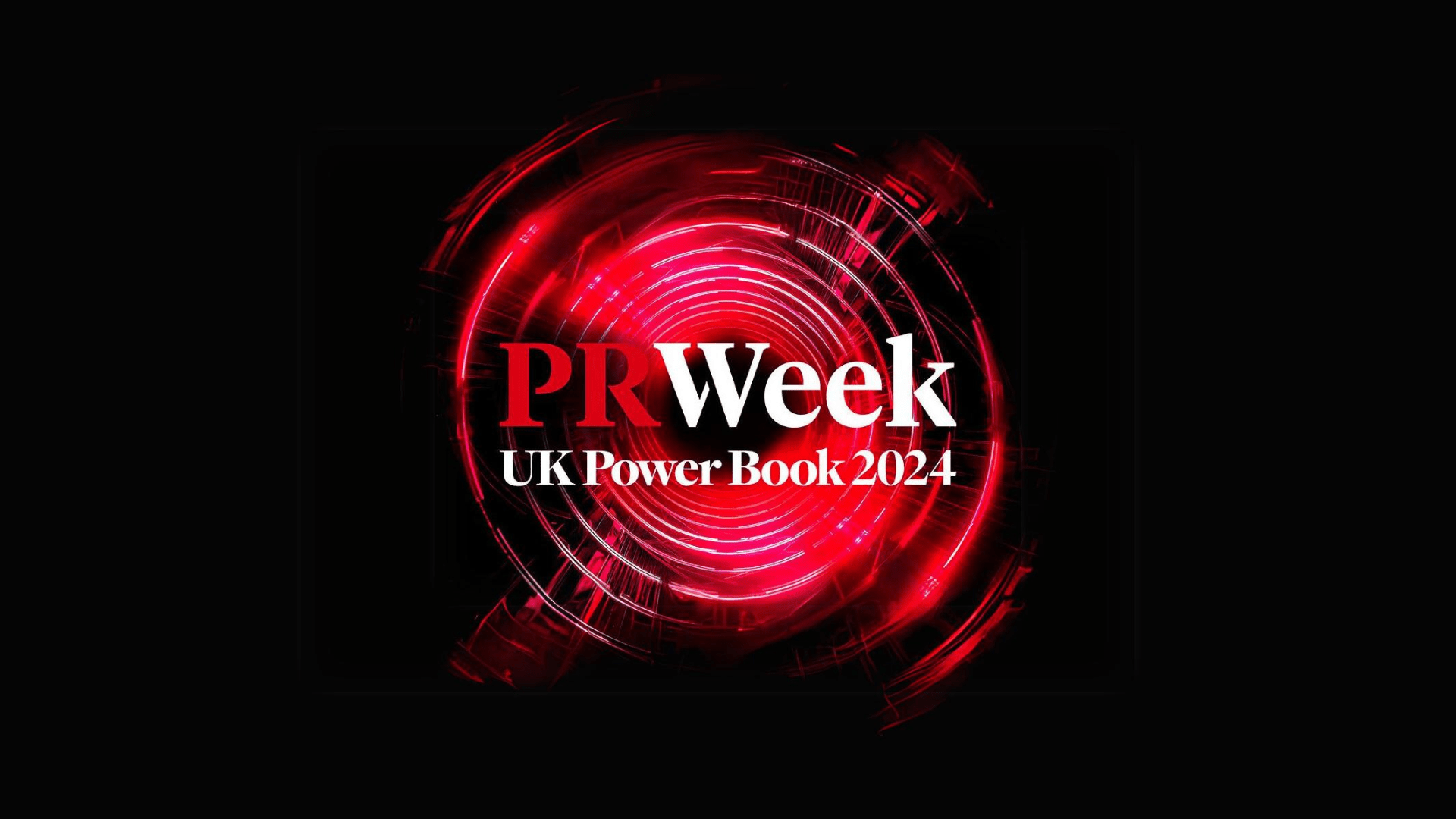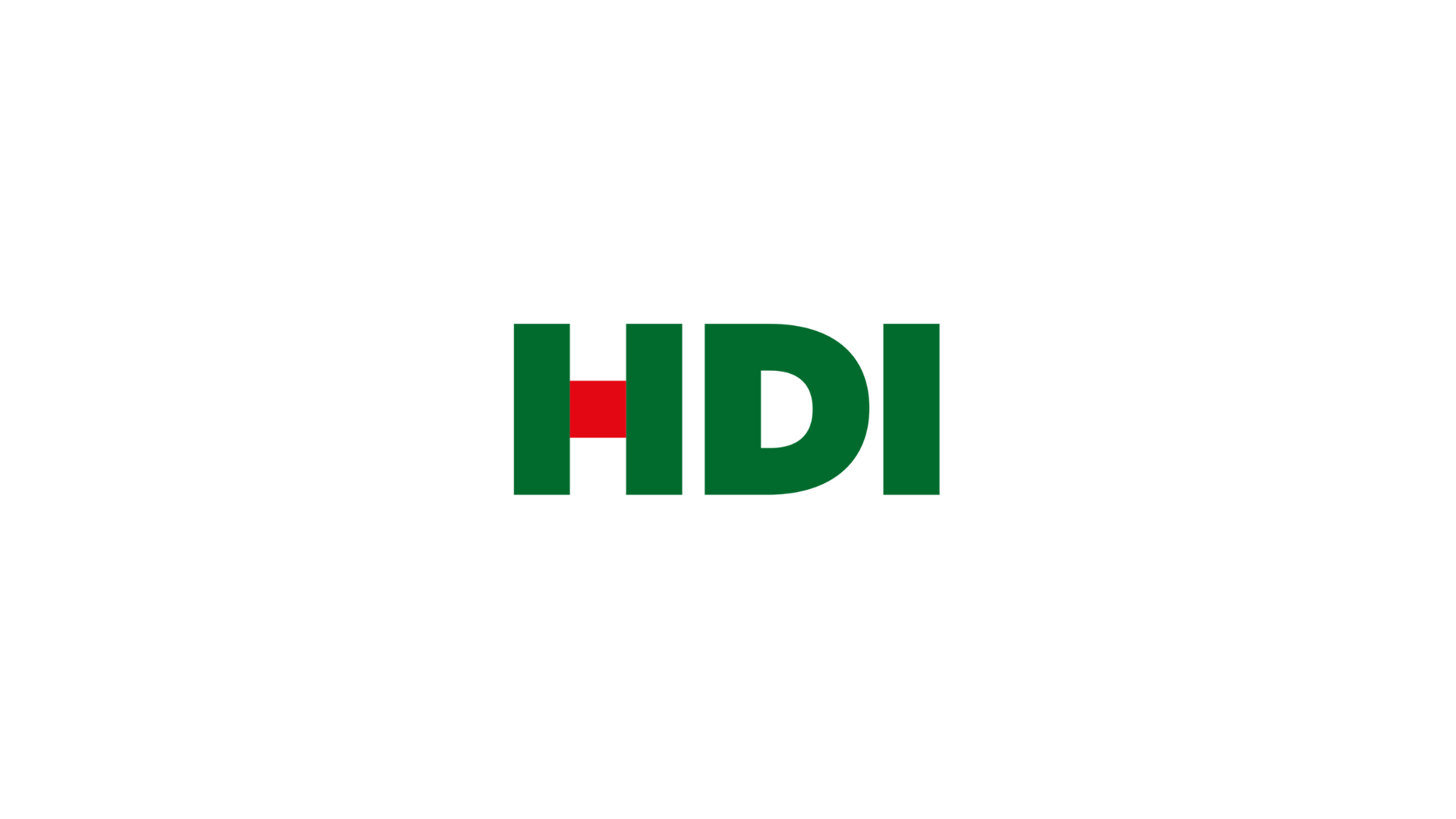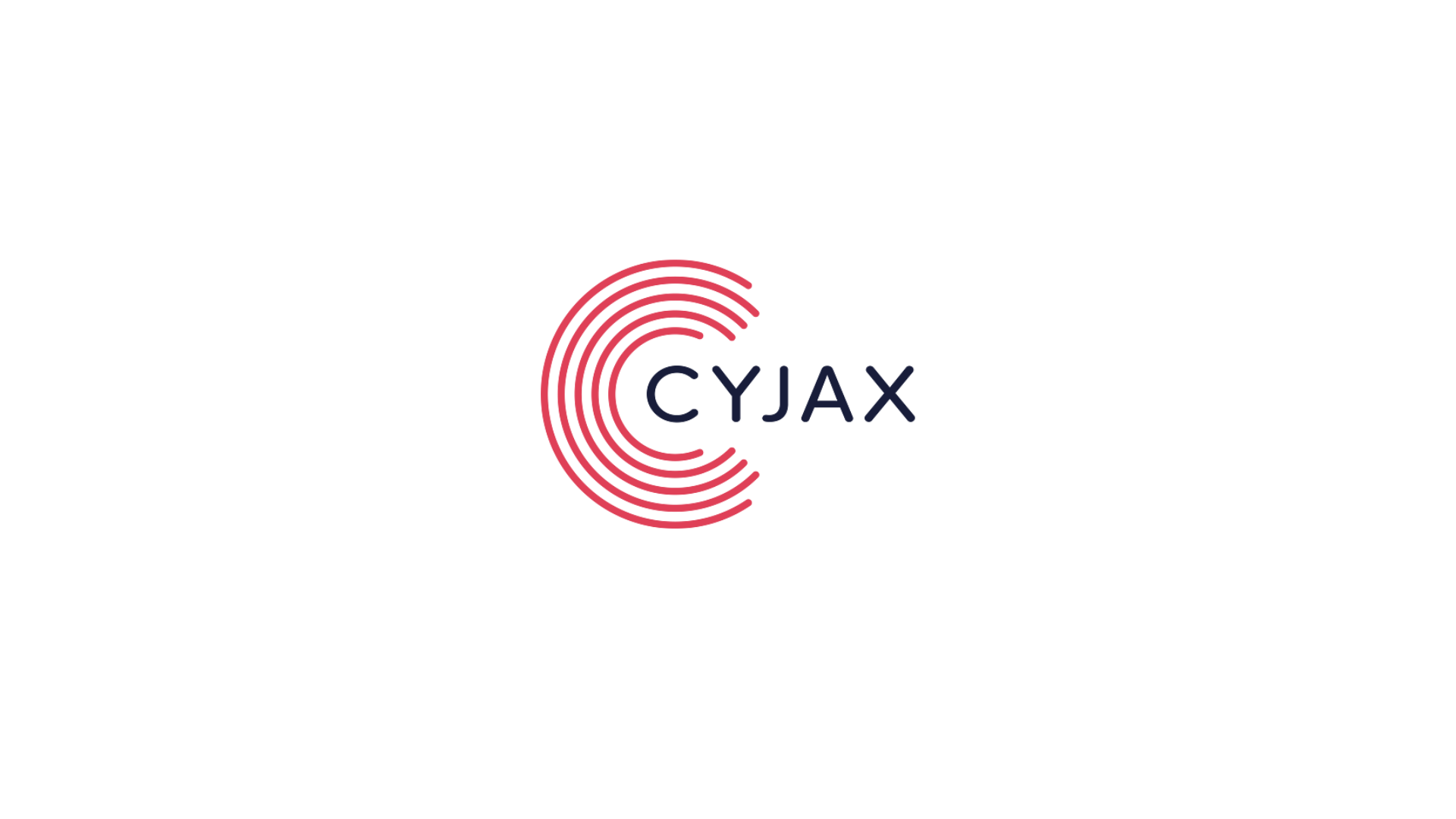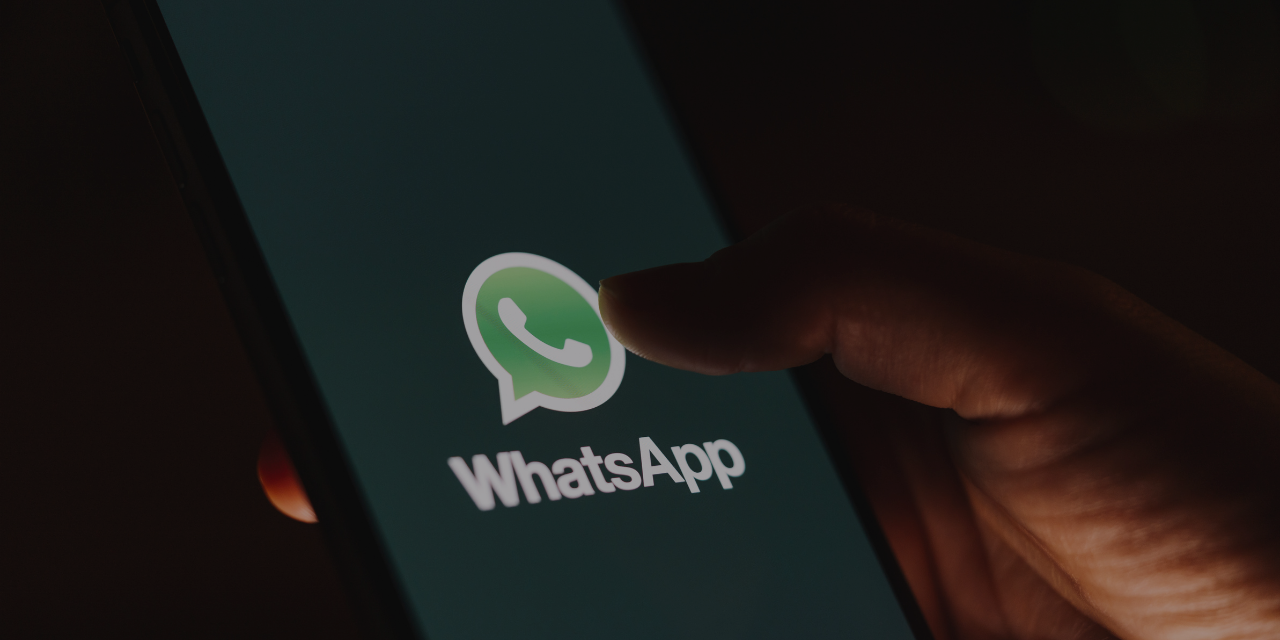So, what’s the alternative? Well, some are urging WhatsApp users to switch to other OTT messaging platforms such as Telegram and Signal, considered to be more secure channels of communication. But the problem is that WhatsApp counts over two billion active users in over 180 countries—it is currently the most popular communication platform in the world. But what do you do when all your friends, families, and frenemies use WhatsApp and you want to make a switch? How do you continue communicating with them?
The reality is that not everyone will be willing to make the move to another application—too much hassle, fear of the unknown, and just general apathy towards Facebook’s increasing dominance will result in many sticking with the status quo.
But there could be an obvious solution to all this—a secure, trusted solution that is already in the hands of 3.5 billion smartphone users worldwide. That solution is operator-owned messaging. I’m not talking about your bog-standard SMS, we’re over that. I’m talking about rich and interactive messaging, a la WhatsApp, WeChat and iMessage. The kind where you can send memes, GIFs, share your location and more.
The way operators make money has changed drastically over the last 10-15 years. Long gone are the days where operators could monetise lucrative mobile plans that focused on selling minutes and SMS messages. Instead, today’s bundles include unlimited everything and tens of gigabytes of data for content hungry consumers. This change has led to a significant revenue gap driven by the commoditisation of mobile data and consumers’ move away from SMS and voice calls, and towards OTT messaging applications.
While the SMS revenue of yesterday is now lost, it begs the question why operators don’t place more effort towards offering a more interactive type of native messaging for their subscribers, and indeed, why they don’t leverage RCS technology to do it. Unlike WhatsApp and Facebook, operators find themselves in an ideal position whereby they are “trusted” by their subscribers, unscathed by allegations of data misuse. So why couldn’t they be the ones to provide our preferred messaging channel? Doing so could see them create a lucrative revenue stream whereby they leverage A2P and P2P messaging, and form partnerships with brands to offer relevant and targeted advertising to opted-in consumers. The outcome sees more money go to operators, while consumers get to enjoy a secure communication channel, without worry that their data is being sold by Facebook or the like to the highest bidder. And more importantly, unlike WhatsApp’s latest announcement, consumers get to opt-in or out of brand or advertising communication.
Some operators are already seeing the value of harnessing RCS technology to offer operator-owned messaging. Japanese operator group Softbank, with the help of our client Synchronoss, recently exceeded 20 million users for its +Message RCS initiative which was launched in 2018. Meanwhile, another one of our clients, Out There Media, brings operators and brands together to launch powerful and game-changing mobile advertising RCS campaigns, the latest of which was done in partnership with the WHO and several global mobile operators, to help contain the spread of COVID-19.
So, will WhatsApp’s latest move see more operators follow in Softbank’s footsteps? Or will the messaging app continue to be reign supreme? Only time will tell.
